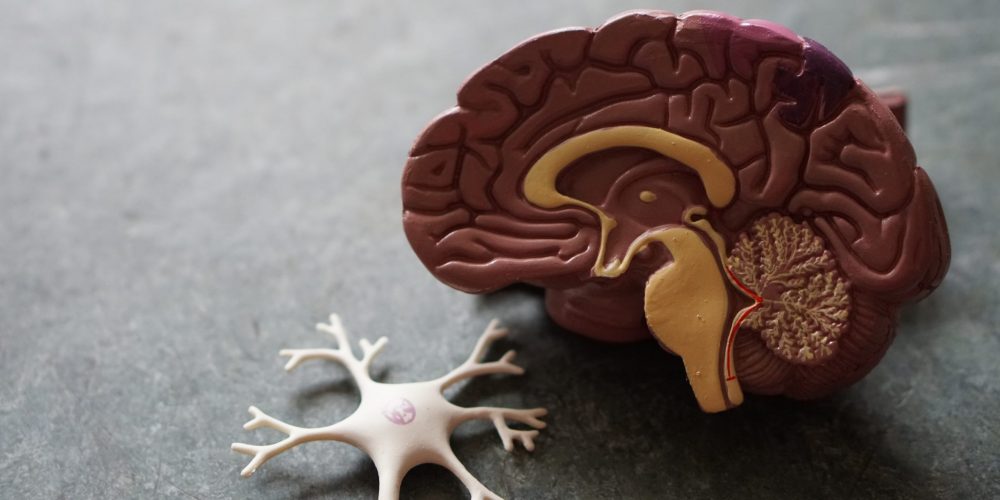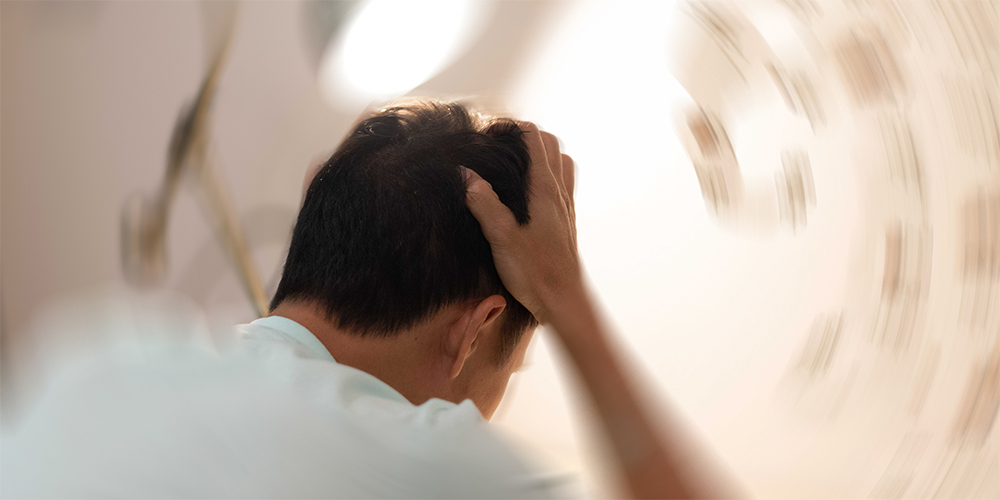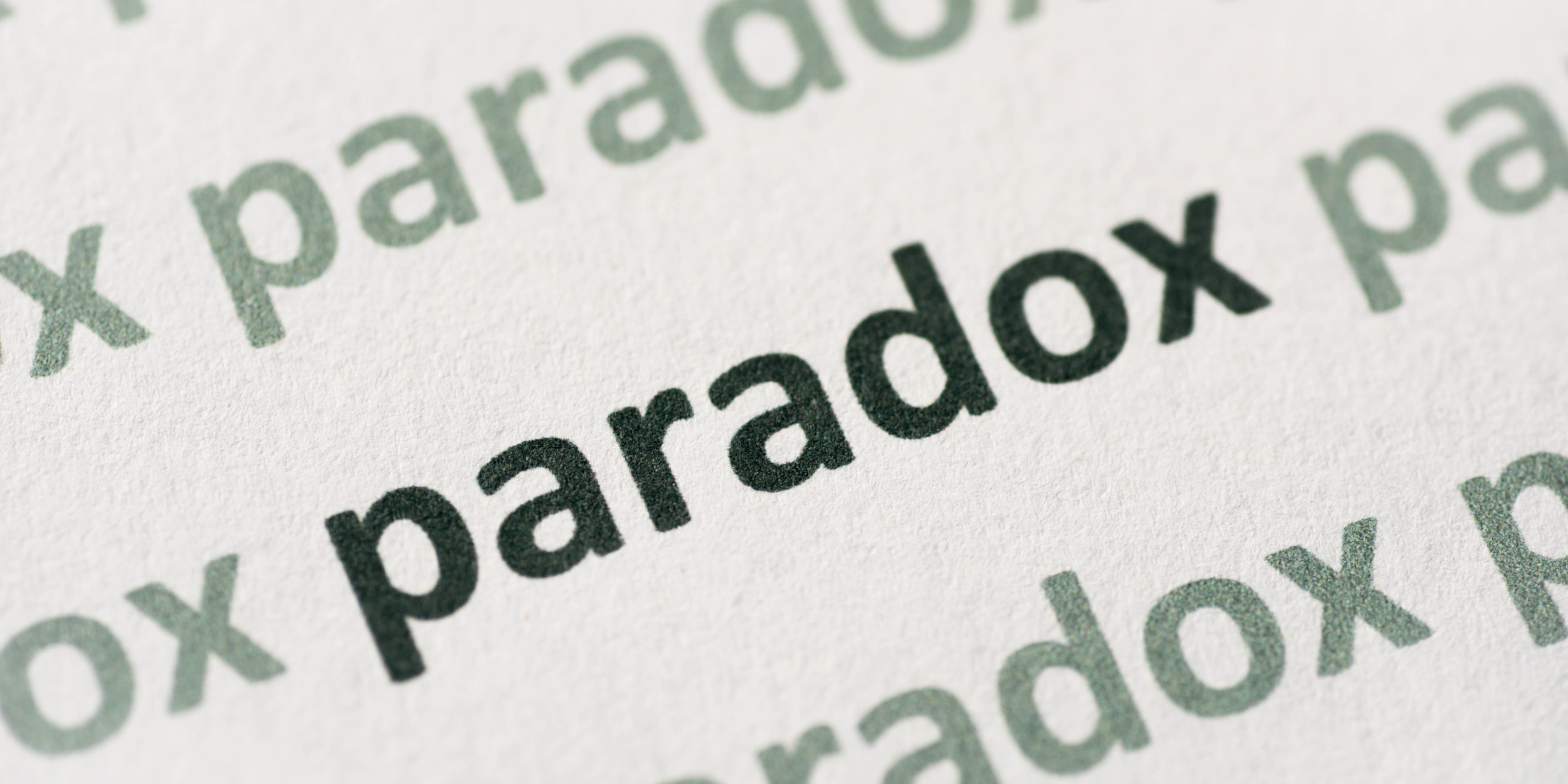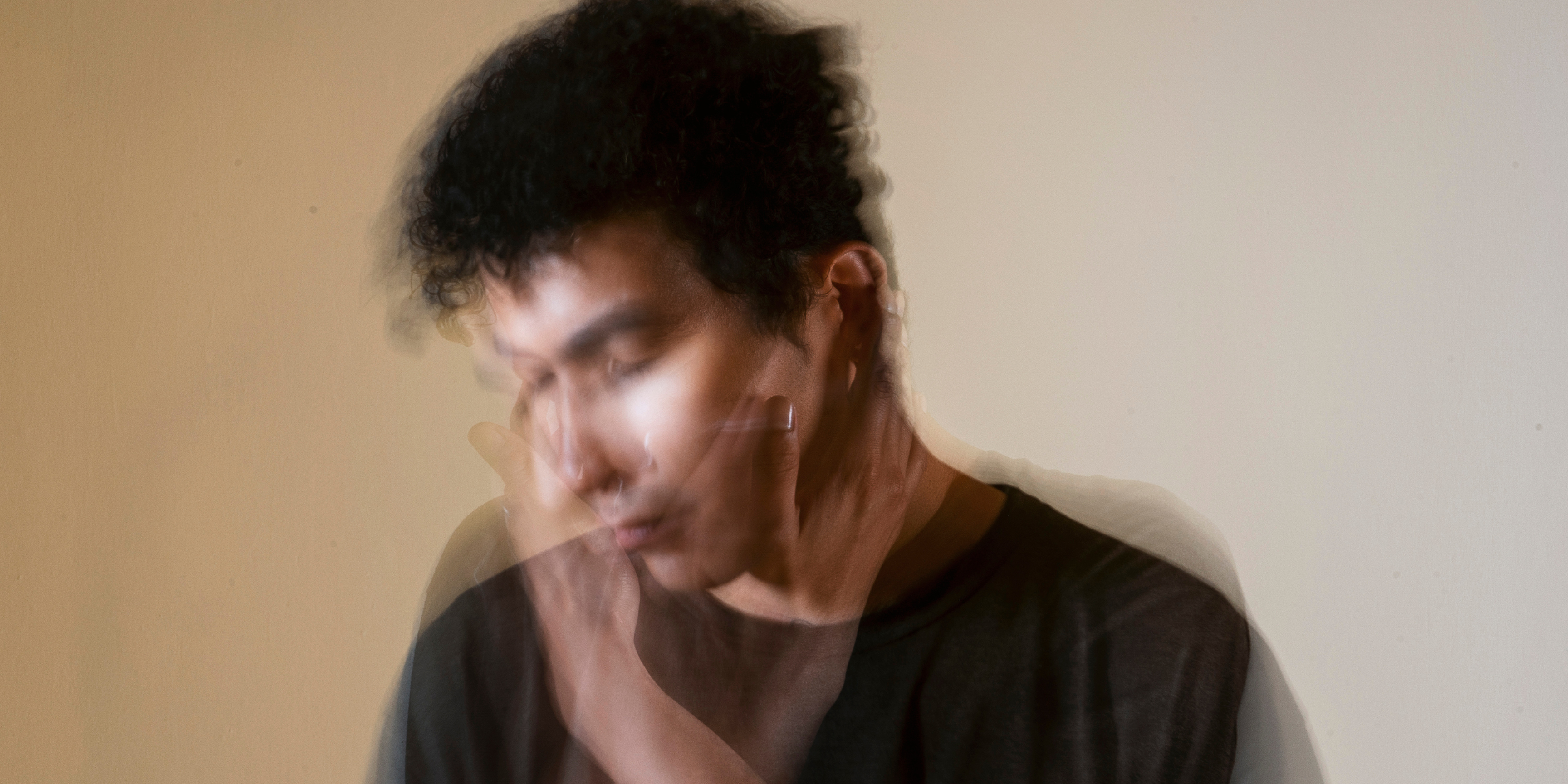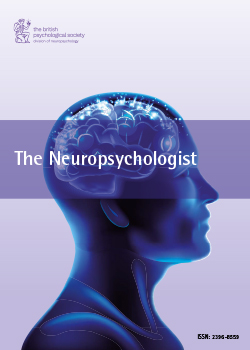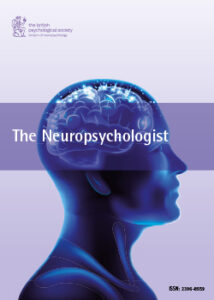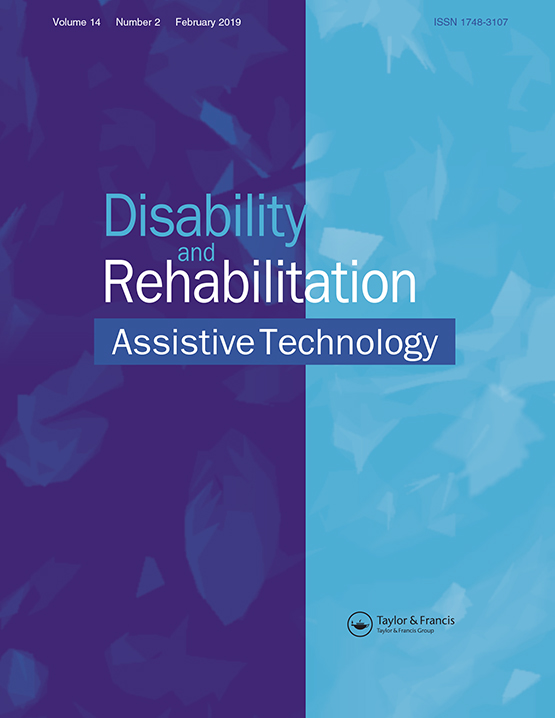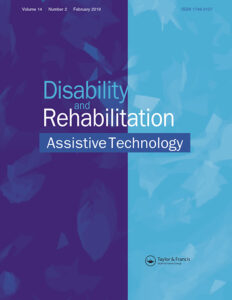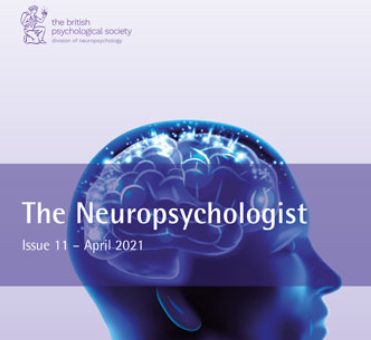#NPsychPick of the Month: More evidence that early neurorehabilitation can improve the quality of life for brain tumour patients
Neurorehabilitation in brain tumours: evidences and suggestions for spreading of knowledge and research implementation via Current Opinion in Oncology.
Bartolo, M., Intiso, D., & Zucchella, C. (2023). Neurorehabilitation in brain tumours: evidences and suggestions for spreading of knowledge and research implementation. Current opinion in oncology, 35(6), 543–549.
Summary:
Drawing from the article “Neurorehabilitation in brain tumours: evidences and suggestions for spreading of knowledge and research implementation” by Bartolo, Intiso, and Zucchella, this review highlights the critical role of neurorehabilitation in addressing the sensory-motor and cognitive challenges caused by brain tumours and their treatments.
Key Takeaways:
- Early evaluation through a multidisciplinary approach identifies diverse functional impairments.
- Tailored rehabilitation programs address physical, cognitive, psychological, and social aspects, improving recovery and participation.
- Collaborative care helps patients rebuild their lives and enhances their overall quality of life.
🚀 The Way Forward:
There’s a growing need to promote awareness of rehabilitation among neuro-oncologists and to drive high-quality research in this field.


